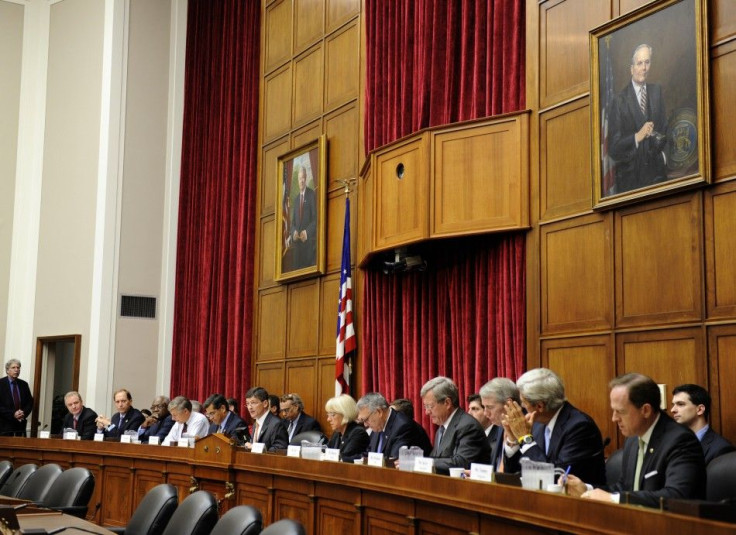Super Committee Republicans Offer to Limit Tax Deductions

Tax increases? Not really. But tax reform has reportedly been brought to the table during the ongoing discussions within the budget deficit super committee.
According to Bloomberg, the 12-member congressional panel is weighing a proposal that would limit individual tax deductions used by higher-income earners, according to an unnamed aide. The deal would include deductions such as interest on a second home -- the sort of IRS lucre not enjoyed by a majority of Americans.
The offer is part of a larger plan that would lower marginal income tax rates while also bringing the committee closer to its $1.2 trillion dollar deficit reduction goal.
The plan would lower tax rates for everyone by making former President George W. Bush's tax cuts permanent, while still increasing overall tax revenue by $250 million, according to the Washington Post.
One Democrat familiar with the offer told the Post, It's impossible to net out $250 billion, unless they're willing to raise rates on capital gains and dividends, and I don't think that's what they're talking about. They either think we're morons or desperate.
Medicare Cuts Ahead?
Also up for consideration are cuts to Medicare spending, as well as a change in the way inflation is measured when making cost of living adjustments for social safety net programs. The change, a stingier version of the current formula, would push many into an upper income bracket sooner, which the Post reports would generate another $40 billion.
Whatever they put there doesn't get the job done, said U.S. Sen. John Kerry, D-Mass. I would not characterize it as substantial but it is a change [...] We have some distance to travel.
Democrat proposals have so far pointed to a desire to mix tax increases with budget cuts. The question at hand, it seems, is what will generate the revenue increases. Republicans have reportedly been resisting Democrats' efforts to increase tax rates, instead seeking revenues through the closing of loopholes, as well as this latest effort of eliminating certain deductions.
The super committee, formally known as the Joint Select Committee on Deficit Reduction, was established as part of a deficit reduction deal, the Budget Control Act, in exchange for raising the nation's debt ceiling on Aug. 2. While the U.S. government was allowed to borrow up to $2.4 trillion more through 2013, the super committee was charged with reaching a bipartisan consensus on $1.2 trillion in deficit reduction over the next decade, in addition to the roughly $900 billion in deficit reduction Congressional Republicans and President Barack Obama agreed to as part of the August debt deal.
Congress then has until Dec. 23 to pass the committee's recommendations, otherwise trigger cuts, in the form of slashes to defense spending and Medicare benefits, would be automatically enacted.
© Copyright IBTimes 2024. All rights reserved.





















